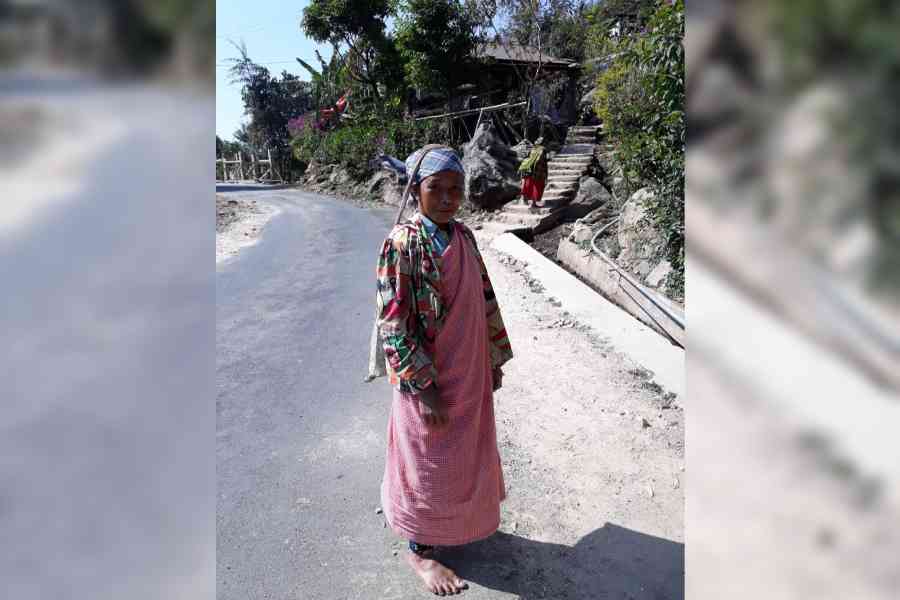Northeast India and its inhabitants have reason to be anguished. One premeditated murder in its sylvan environs and a barrage of accusations are hurled — of a ‘savage’ tribal ethos, cannibalism, witches, black magic and head-hunting, without an iota of evidence. The gross insensitivity, ignorance and the propensity to proliferate fake news on social media were only matched by television channels that cried themselves hoarse about the ‘dark aspects’ lurking in these states!
When newly-married Raja Raghuvanshi from Indore was murdered in Sohra (Cherrapunjee), Meghalaya, last month, the spotlight turned on the region and how ‘unsafe’ it was for visitors. Now that the Meghalaya police have the accused in their custody and Raja’s wife Sonam has confessed to the crime, it is pertinent to examine why the northeastern states are invariably maligned.
The residents of these states are stereotyped each time there is an incident or mishap, even of lesser proportions, possibly because people in ‘mainland India’ know very little about them. The national media is quick to harp on the slightest crisis befalling visitors to the region, but is remarkably quiet when anyone from the Northeast is a victim outside of it. There are instances aplenty.
Bijoya Sawian, an author and a translator, told me: “Cherrapunjee (Sohra) was a capital town during the raj, till the British moved the headquarters to Shillong in 1874. I cannot imagine a messy crime could have anything to do with the locals. From my maternal side, I am very much a Sohra girl. I was devastated thinking I could be wrong. I am glad I am not.
“The Sohra murder case metamorphosed into an unacceptable, odious narrative about the Northeast. It opened up a can of worms. I am proud of the Meghalaya police. We need some apologies though and everyone knows where they should come from. The people of Sohra kept a candlelight vigil for the victim and composed heart-rending songs in his memory,” she added.
Echoing these sentiments, Alexander L. Hek, the Meghalaya Bharatiya Janata Party leader and minister who threatened to file a defamation case against the families of the victim and the accused for maligning Meghalaya, said: “I was the first to visit Sohra to check for the missing couple, following a request by a Madhya Pradesh minister. Our crime rate is very low, yet everyone rushed to tarnish our image. The culture of Meghalaya is to offer help; youth from my locality wanted to pitch in for the search operation. We condole the brutal murder.” The families have since apologised, but the jumping to conclusions still rankles.
One of the reasons for the image of the Northeast taking a beating is a lack of strong advocacy. On the intellectual level, the speakers are limited to a select few. At seminars or conferences, one finds the same faces, espousing the same views. Surely by now these states should proffer newer representatives with fresh viewpoints and worldviews? Unless effective voices are allowed to be heard, the Northeast will continue to be stereotyped as ‘the Other.’
As a rookie journalist in Shillong, I had faced my share of ethnic profiling. Even a three-year-old could identify me as a “dkhar (outsider)” although Winnie Kharkongor, our Khasi landlady, enveloped us in a cocoon of maternal protectiveness. Bridging the divide and appreciating the distinct culture and traditions, instead of being a tourist ticking off bucket-list destinations, are the way forward.
The need of the hour is a mature, articulate think tank to effectively counter misinformation and prejudice. There are worthy scholars and bureaucrats in these eight states. We need them on a national platform to help frame policies and redefine the narratives to counter the marginalisation of a singularly enriching region.











